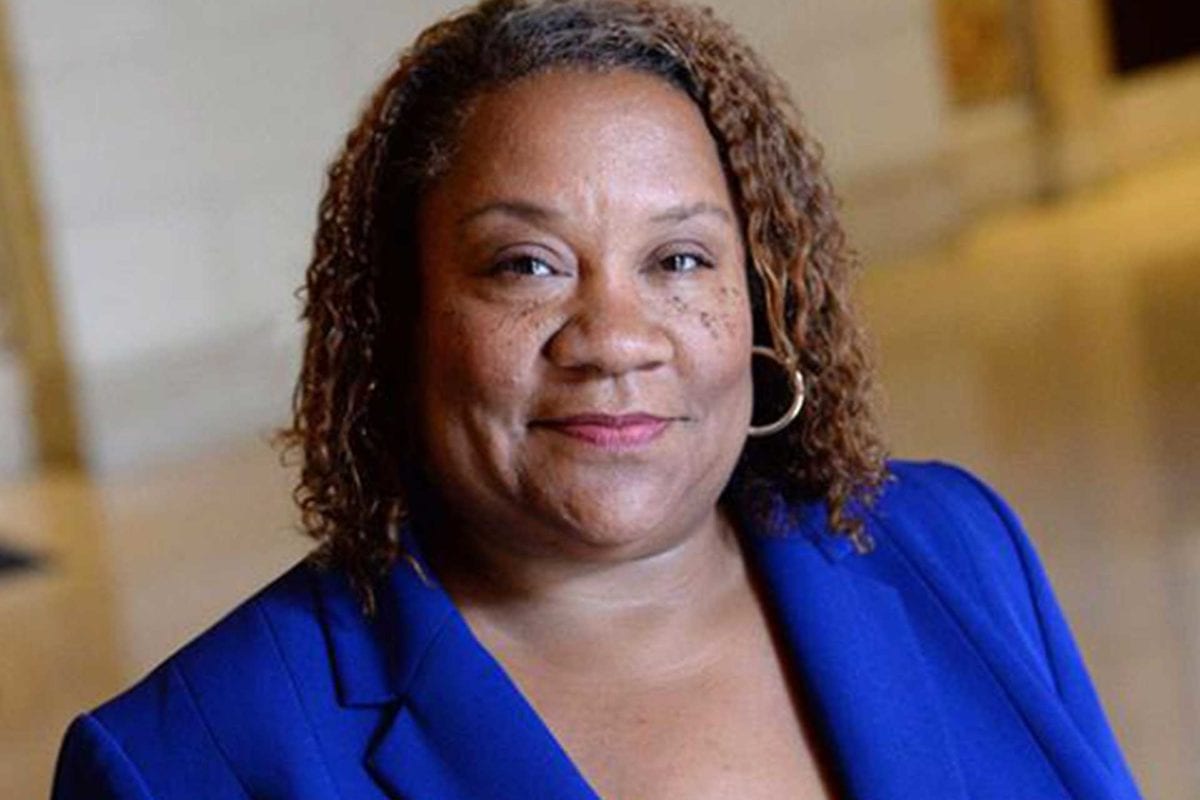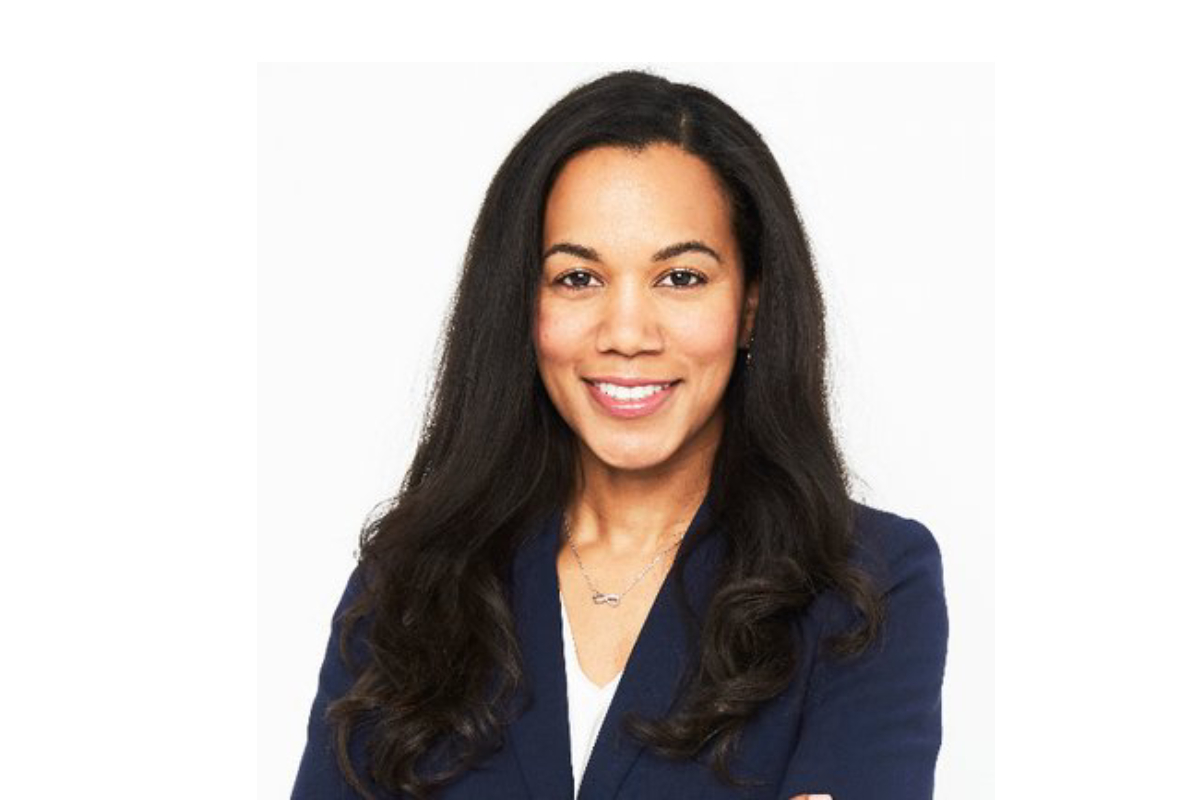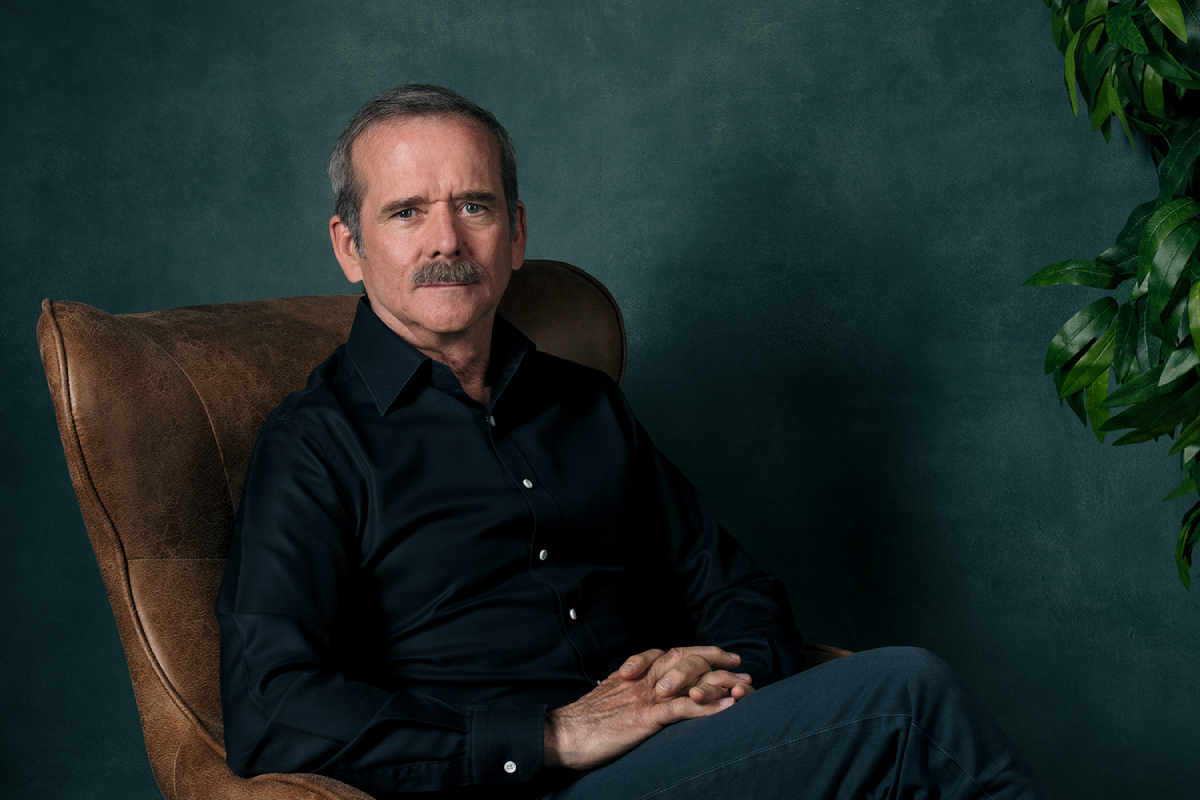Dana Canedy knows what it means to be an agent of change. As a journalist, she rose to the top of her field, reaching the rank of Senior Editor at The New York Times and winning a Pulitzer Prize in 2001 as part of a team writing about race in America in a series of articles for the paper. Years after winning the most prestigious prize in journalism while working at the most prestigious publication on the planet, Canedy was named administrator of the Pulitzer Prizes in 2017. She’s the first woman to hold the post, the first African-American, and the youngest person to take over the position, which she did at 52.
Growing up in Kentucky, Canedy dreamed about being a writer from the age of 12. After graduating from the University of Kentucky, she began working in journalism, taking jobs at The Palm Beach Post and Cleveland Plain Dealer before being hired by The New York Times in 1996. She became the paper’s Florida bureau chief, covering the controversial 2000 US presidential election recount as well as the flight-school training of the 9/11 terrorists. In 2001, she contributed to a series for the Times, ‘How Race is Lived in America’, which won a Pulitzer Prize for National Reporting. For that series, Canedy wrote an article called ‘The Hurt Between the Lines: A Newsroom Divides After a Healing Series on Race’, focusing on two award-winning columnists, one white and one black, at Ohio’s Akron Beacon-Journal.
Canedy’s piece on race, despite being almost two decades old, is still relevant today. “I don’t think it’s better, I think it’s exactly the same, which is sad,” she told News Media Alliance this year. “Journalism is in a bit of an existential crisis and diversity has become less of a priority. [Publications] are figuring out how to survive… things are stabilized, though there is still a lot of downsizing. We have to get back to a time where diversity is a top priority.”
The push for greater diversity in the media is something Canedy has been personally involved in for much of her career. Until she left the Times in 2016, she managed talent acquisition, management training, career development, and diversity initiatives for the paper. But her experience has taught her that as much as she’s lauded as a successful black woman, she’s far from alone.
“I’m not a unicorn,” she told the Columbia Journalism Review in 2017. “There are so many women and people of color out there who can perform at high levels.”
In 2017, Canedy was appointed the administrator of the Pulitzer Prizes, honouring the best in journalism, letters, drama, and music. In her new role she’s determined to help move the organization in more diverse and modern directions. Chart-topping California rapper Kendrick Lamar won a Pulitzer this year for his latest album, DAMN., which the prize’s governing body lauded for its “affecting vignettes capturing the complexity of modern African-American life.”
“I think you’re going to continue to see an evolution in terms of the categories and eligibility rules just as there is an evolution going on in the journalism industry,” Canedy explained to CJR. “In this age of digital transformation and new platforms for consuming news and social media’s role in news.”
Canedy’s own journey to the top of her field hasn’t been an easy one, but she’s managed to turn her pain and struggle into her art. Her best-selling memoir, A Journal for Jordan: A Story of Love and Honor, was written after her partner was killed in the Iraq War in 2006 while she was caring for their newborn baby. The book has been published in 10 countries and has been optioned for a film, with Denzel Washington attached to direct.
As both a Pulitzer Prize winner and now head of the organization, Canedy says her commitment is to supporting journalism that can change the world for the better.
“I never got into this field to win a Pulitzer. I actually think it’s the wrong approach to journalism, to have that be the end goal,” she told CJR. “The goal of any journalist should be to do the best work possible, ground-breaking work that can influence institutions and organizations and agencies and affect people’s lives. It should always be about the work.”
Regardless of whether it’s read in a printed newspaper or shared on a Facebook or Twitter feed, the media is the lens through which we see much of the wider world. Dana Canedy is committed not only to the truth of those stories, but also to ensuring that the people telling them accurately reflect the people consuming them.
Justin Anderson | Contributing Writer
Photo Credit: Columbia University News




















